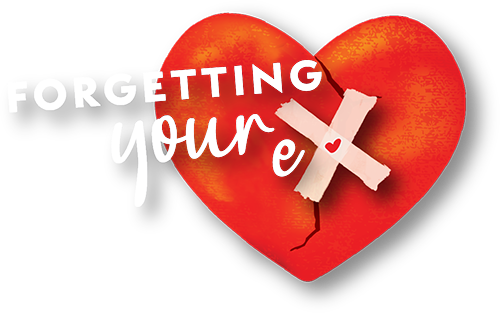Divorce Is a Challenge
Divorce is one of the most challenging life experiences that one can go through. It can be an emotionally draining and overwhelming process. Whether you initiated the divorce or not, it is common to feel a range of emotions, including sadness, anger, guilt, and fear. Counseling can be an incredibly valuable resource for those going through a divorce, and can help individuals navigate the complex emotions and challenges that often arise.
One way that counseling can help after a divorce is by providing a safe and supportive space to process emotions. Divorce can trigger a range of emotions, and it can be challenging to know how to cope with them. A counselor can provide a non-judgmental and empathetic environment in which to explore these emotions and work through them in a healthy way. Through counseling, individuals can gain insight into their emotions and learn coping strategies to manage them.
Another benefit of counseling after a divorce is that it can help individuals recognize patterns in their relationships. Sometimes, people find themselves in a pattern of unhealthy relationships, and counseling can help them identify the root causes of these patterns. By understanding the underlying issues that contribute to these patterns, individuals can work to break them and build healthier relationships in the future.
Counseling can also help individuals work through any feelings of self-blame or self-doubt that may arise after a divorce. It is common for people to blame themselves for the end of a marriage, even when it is not their fault. Counseling can help individuals recognize and challenge these negative thought patterns, and develop a more compassionate and realistic view of themselves.
In addition to addressing emotional challenges, counseling can also help individuals navigate practical challenges that may arise after a divorce. For example, a counselor can help individuals figure out how to co-parent effectively with an ex-partner, or how to manage finances and living arrangements after a divorce. By providing practical guidance and support, counseling can help individuals feel more empowered and in control during a difficult time.
Another way that counseling can help after a divorce is by providing a space to explore one’s identity outside of the marriage. It is common for people to lose sight of their own interests, values, and goals during a marriage, and counseling can help individuals reconnect with these aspects of themselves. By exploring one’s identity and sense of self, individuals can gain a greater sense of clarity and purpose, and be better equipped to move forward after a divorce.
Counseling can also be helpful for those who are struggling with the decision to end a marriage. It can be challenging to know when to end a marriage, and counseling can help individuals navigate this decision with greater clarity and self-awareness. By providing a space to explore one’s feelings and motivations, counseling can help individuals make a decision that feels true to themselves and their needs.
Finally, counseling can be a valuable resource for those who are struggling with grief and loss after a divorce. Even if the marriage was not healthy or fulfilling, the end of a marriage can still be a significant loss. Counseling can help individuals process these feelings of grief and loss, and work through the stages of mourning in a healthy way. By providing support and guidance during this difficult time, counseling can help individuals move through the grieving process and find a sense of closure.
In conclusion, counseling can be an incredibly helpful resource for those going through a divorce. From providing a safe and supportive space to process emotions, to helping individuals navigate practical challenges and explore their sense of self, counseling can provide invaluable support during this challenging time.
